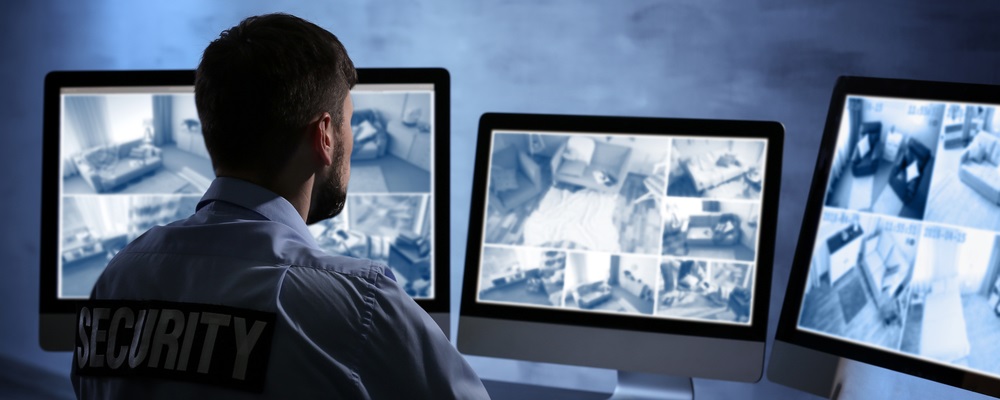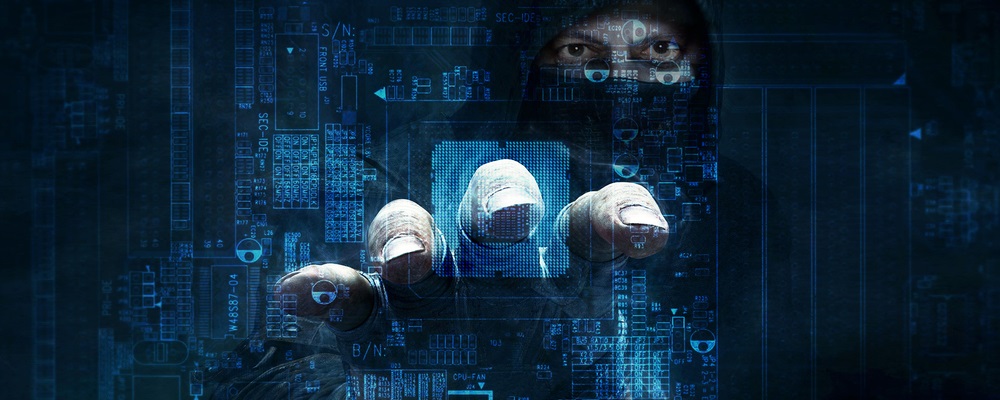To get chipped … or not to get chipped? That’s the big question.
If you haven’t heard, Three Square Market, a Wisconsin company that makes self-service cafeteria kiosks, started implanting tiny microchips in its employees.
I know, it sounds like science fiction. But it’s true — the company even had an odd ceremony where they invited a tattoo artist to insert the rice-sized radio-frequency ID microchips in its workforce on August 1.
And it’s sparked a big debate here at Banyan Hill Publishing. Among our editors — and among you, our readers.
See, some of us — such as our tech expert Paul — believe that getting a microchip implanted could make life incredibly convenient. As Paul wrote: “In the end, convenience, cost and a better life always win out.”
And there’s something to that. After all, 50 of the 80 employees at Three Square Market jumped at the chance get the $300 microchip inserted in the webbing between their thumbs and forefingers.
Now they can leave their ID cards, their wallets and even their passwords at home. The microchip will take care of it all — with just the wave of a hand.
Sounds useful, right?
The employees certainly think so. In fact, most of those interviewed have brushed off privacy concerns, saying it’s exciting and “cool” to be at the forefront of new technological breakthroughs.
But that brings me to the other side of the debate: Should privacy be more of a concern here?
Is this one more step toward a surveillance state? How much can hackers, or your company — or even the government — access if they decide they want to dig into your data?
That’s the big issue at the forefront of privacy expert Ted Bauman’s mind. As Ted wrote: “We live in a society where an increasingly unaccountable corporate-government elite gets away with pretty much whatever it can … That’s why I’m not getting a microchip.”
I know this debate is at the forefront of a lot of your minds too.
We’ve gotten dozens of messages over the past month about the merits of convenience versus privacy. (A big thanks to all who continue to write in, by the way. I always find your thoughts insightful.)
Here are a handful of notes you’ve sent us addressing the pros and cons of getting “chipped.” It’s worth noting that most of you are worried about your privacy…
Readers Worried About Privacy:
Tom W. writes: “Loss of privacy eventually equals loss of freedom”
Adrian M. writes: “Have you heard chipped credit cards in your wallet or purse can be read by a passerby with a reading device? Now you are willing to give these thieves access to all of your information for convenience? I own a special wallet to block these thieves from gaining access to my credit/bank card account information. How do you plan to block them from reading the chip in your body?”
Rich L. writes: “I’d equate implanting an ID chip of the type used to track pets as being as foolhardy as keeping your financial data on a computer without a password. Fortunately, in the future, this will not be the case. Any manufacturer worth his salt will realize that such a chip is much too Orwellian to attract many takers.”
Neutral Readers:
Chuck H. writes: “I couldn’t care less as long as they don’t make it mandatory.”
Joe F. writes: “I agree that it is scary. But the point where we should have been scared should have been back in the ‘30s when they issued us all Social Security cards — and our privacy has gone downhill ever since. Anyone who thinks that they live in a ‘free country’ hasn’t been paying attention. I do not endorse getting chipped either, but Paul is right: In the end we will have it, and there is no denying that it will be convenient.”
Readers Excited About the Convenience:
Ben C. writes: “The best use I could see for this technology is medical records for high-risk patients. Imagine having an emergency, going into the emergency room, and the doctor instantly knowing what conditions you have and medications you’re on, even if you can’t answer questions. That could be a lifesaver, literally.”
Henry M. writes: “I would like a single chip to include my driver’s license, medical history, medications, debit and credit card accounts, insurance cards, gun permit, passport, and voter registration — as well as locally programmable features (key card access to secure facilities, etc.). It should also have a feature that allows the user to download totals of all expenses from all sources, provide reminders to take medicines, a calendar feature, and a digital signature. We have put a man on the moon and placed a space probe on a comet. We can figure the security for this and stay ahead of the hackers. Great idea.”
So what do you think? Do you see the benefits in employees — or anyone, really — getting chipped? Or is the convenience overshadowed by the many possible risks?
Which side of the debate do you fall on?
Please keep your thoughts coming! You can always reach us at SovereignInvestor@banyanhill.com or by dropping a comment on the website.
Catch you next week.
Regards,

Jessica Cohn-Kleinberg
Managing Editor, Banyan Hill Publishing










